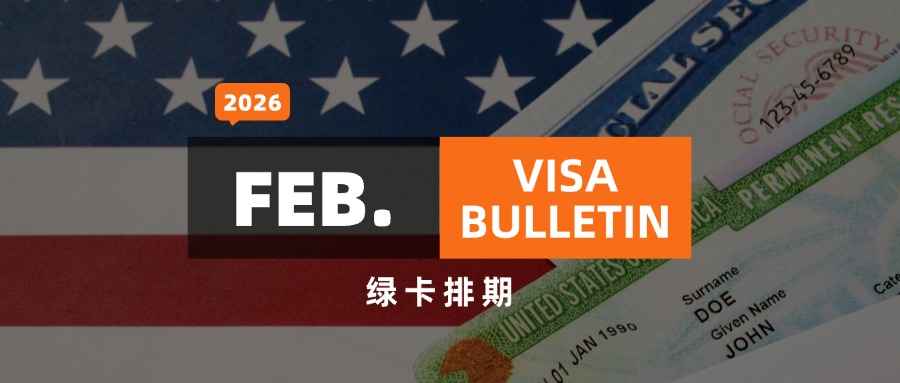
Adjustment of Status Versus Consular Processing
The process of applying for a green card involves initially filing an I-140 or I-130 petition to confirm eligibility for either an employment-based or family-based green card category. Following this, the green card application itself can be pursued through two distinct pathways: obtaining an immigrant visa via consular processing outside the U.S. or adjusting status within the U.S. by submitting a Form I-485 to the USCIS.
Choosing between consular processing and adjustment of status is crucial, as each option carries its own set of benefits and drawbacks tailored to different needs. Below is a comparative analysis of the two methods.
Concurrent Filing with I-130/I-140 Petition
- Consular processing does not allow for the concurrent filing of the I-140/I-130 and the immigrant visa application. The visa process can only begin after the approval of the I-140 or I-130 petition.
- Adjustment of status allows for the concurrent filing of the I-485 with the I-130/I-140 if the priority date is current, potentially reducing the overall time to obtain a green card.
Applicant Location Requirements
- For consular processing, applicants apply at a U.S. consulate in their home country or where they reside. Applicants may start this process from within the U.S. but must travel abroad for their visa interview.
- Adjustment of status requires applicants to be in the U.S. with a valid non-immigrant status. Filing an I-485 from outside the U.S. or under ESTA is not permitted.
Extension of Stay in the U.S.
- Consular processing does not extend an applicant’s stay in the U.S., and obtaining a non-immigrant visa might become harder after applying for an immigrant visa due to the challenge of proving non-immigrant intent.
- Filing an I-485 extends an applicant’s authorized stay in the U.S. while the application is pending, without the need to maintain their non-immigrant status.
International Travel
- With consular processing, applicants can travel internationally but may face increased scrutiny when re-entering the U.S. on a non-immigrant visa.
- Once an I-485 is filed, applicants generally cannot travel outside the U.S. without advance parole, except for H and L visa holders who can continue to travel as per their visa conditions.
Work Authorization
- Consular processing does not directly enable work authorization in the U.S.
- Adjustment of status applicants can apply for an Employment Authorization Document (EAD) to work in the U.S. while their application is pending.
Processing Times
- Immigrant visa processing times vary by consulate but generally take about a year from petition approval to interview scheduling, with variations based on demand and workload.
- The I-485 processing time is also about a year, assuming current priority dates.
Interview Requirements
- All consular processing applicants must attend an in-person interview.
- USCIS may waive the interview requirement for some I-485 cases, especially in employment-based applications.
Documentation
- Consular processing requires original civil documents and medical exams by consulate-approved physicians, along with police clearance from countries of residence.
- Adjustment of status applicants submit scanned copies of documents, a medical report from U.S. panel physicians, and, if applicable, police and court records for any criminal history.
Job Portability
- For employment-based green cards via consular processing, the job offer must remain valid.
- Adjustment of status allows for job portability with a new employer in a similar job after 180 days of I-485 pending status.
This comparison underscores the critical differences between consular processing and adjustment of status, highlighting the strategic considerations applicants must weigh based on their specific circumstances, such as the need for work authorization, the ability to travel, and the desire to extend their stay in the United States.


